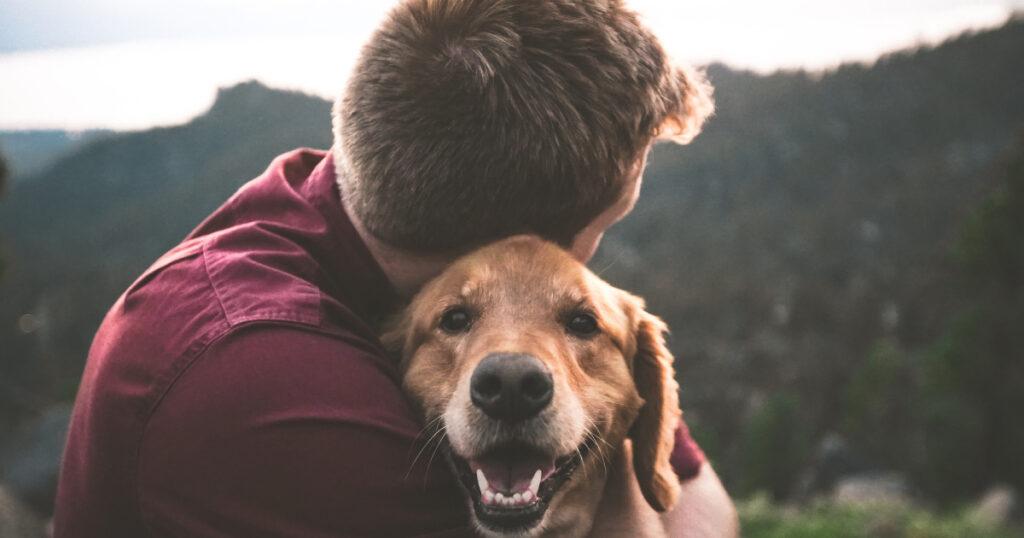Have you ever wondered if your furry friend knows when you and your partner are getting intimate? It’s a question that has likely crossed the minds of many dog owners. While dogs have an incredible ability to sense changes in their environment, it’s important to understand the limits of their perception. This article will delve into the fascinating world of canine senses and explore whether dogs truly understand human sexual activity.
This article will examine the various ways dogs perceive the world, analyze the nature of human sexual activity, and investigate common canine reactions during intimate moments. We’ll also look at scientific evidence to shed light on this intriguing topic and ultimately provide a comprehensive understanding of dog behavior in relation to human intimacy.
Dog Senses and Perception
Dogs possess an array of senses that far surpass our own. Their sense of smell is particularly remarkable, allowing them to detect scents we can’t even imagine. They also have exceptional hearing, capable of picking up sounds at frequencies beyond the human range. Furthermore, dogs have a heightened sense of touch and vibration, enabling them to feel subtle changes in their surroundings.
These extraordinary senses contribute to their ability to navigate the world and interact with their environment in unique ways. However, it’s crucial to remember that while their senses are acute, they don’t necessarily translate into an understanding of complex human behaviors like sexual activity.
Canine Vision
While dogs can see, their vision is not as sharp as ours. They have a limited ability to distinguish colors and rely more heavily on movement and contrast. This means they may notice changes in body position or lighting during intimate moments but might not fully comprehend the nature of the interaction.
Human Sexual Activity
Human sexual activity is a complex and multifaceted behavior driven by biological, emotional, and social factors. It involves physical intimacy, hormonal fluctuations, and often carries significant emotional weight. While dogs may be aware of certain physical cues associated with human sexuality, such as changes in body language or vocalizations, they lack the cognitive capacity to grasp the full meaning and significance of these actions.
Physiological Changes
During sexual activity, humans experience physiological changes like increased heart rate, sweating, and altered breathing patterns. While dogs may be sensitive to these changes, they are unlikely to interpret them as indicative of human sexuality.
Canine Reactions to Intercourse
Dogs often react to noises or changes in atmosphere during intimate moments. They might bark, whine, whimper, or even try to intervene. These reactions are likely driven by their heightened senses and general awareness of the unusual activity occurring around them. They may perceive the sounds, movements, or changes in scent as something out of the ordinary and respond accordingly.
Individual Differences
It’s important to note that canine reactions can vary greatly depending on individual personality, breed, and past experiences. Some dogs might be completely indifferent to intimate moments, while others might become more vocal or agitated.
Scientific Evidence
Scientific research on do dogs know when humans have sex, do dogs know when humans are having sex, or do dogs know when you’re having sex is limited. There haven’t been any conclusive studies that definitively prove or disprove whether dogs understand the concept of human sexual activity.
The existing evidence suggests that canine reactions to intercourse are more likely driven by sensory perception and general awareness rather than a comprehension of the act itself.
Understanding Dog Behavior
When interpreting your dog’s behavior during intimate moments, it’s crucial to consider their individual personality, breed tendencies, and past experiences. If your dog exhibits unusual or concerning behavior, consult with a veterinarian or certified animal behaviorist for guidance.
Training and Socialization
Proper training and socialization can help dogs develop appropriate responses to various situations, including those involving human intimacy.
Conclusion
While dogs possess remarkable senses and are attuned to their environment, scientific evidence suggests they don’t necessarily understand the concept of human sexual activity. Their reactions during intimate moments are likely driven by sensory perception and general awareness rather than a comprehension of the act itself. By understanding canine behavior and providing proper training and socialization, we can foster a harmonious relationship with our furry companions while respecting their unique perspectives on the world.



